Here's another Meta Model analysis, this one is of the common phrase 'Time management'.
You'll recognise the phrase 'time management' as a common course title, and often a course that people are sent on when they're struggling with their workload.
What can we derive from this simple statement?
Time
This is ambiguous, there are two ways that we can use this word in a sentence. Firstly, as an absolute reference, the time is 08:48. Secondly as a period of activity, I just have time to write this post before my next coaching call.
Either way, the word 'time' indicates a deletion, the ambiguity means that we can't be sure what's been deleted. Here are some possibilities.
(It's) time (for) management
(I just have) time (for) management
(I don't have) time (for) management
Management
A lovely nominalisation. If we turn it back into its verb, to manage, then we recover the missing subject and object, who is managing what or whom?
Left as a noun, we would generally use the word management as a collective noun meaning "those idiots upstairs".
(It's) time management (did something about my workload)
When someone asks for better time management, what do they really mean?
- To manage time, but we can't do that, because time will pass regardless of whether we manage it or not.
- To manage the time (at which I do certain things)?
- To manage the period of time (which I devote to certain things)?
So by denominalising, we go from 'time management' to 'manage the time I spend on things' which reveals probably the simplest and most fundamental thing you'll learn on any good time management course - to plan not just start times, but end times too. Generally people will write start times, deadlines in their diaries, but fail to plan for how long something will take. People will also assume that small tasks take zero time, instead of allocating their true time requirement of, say, 10 minutes or 2 minutes.
That activity was turned into a thing in order to create a course title, or a skill, or a deficit in a person's skill. Isn't it interesting that by meta modelling just two words, we reveal the solution to the problem?
